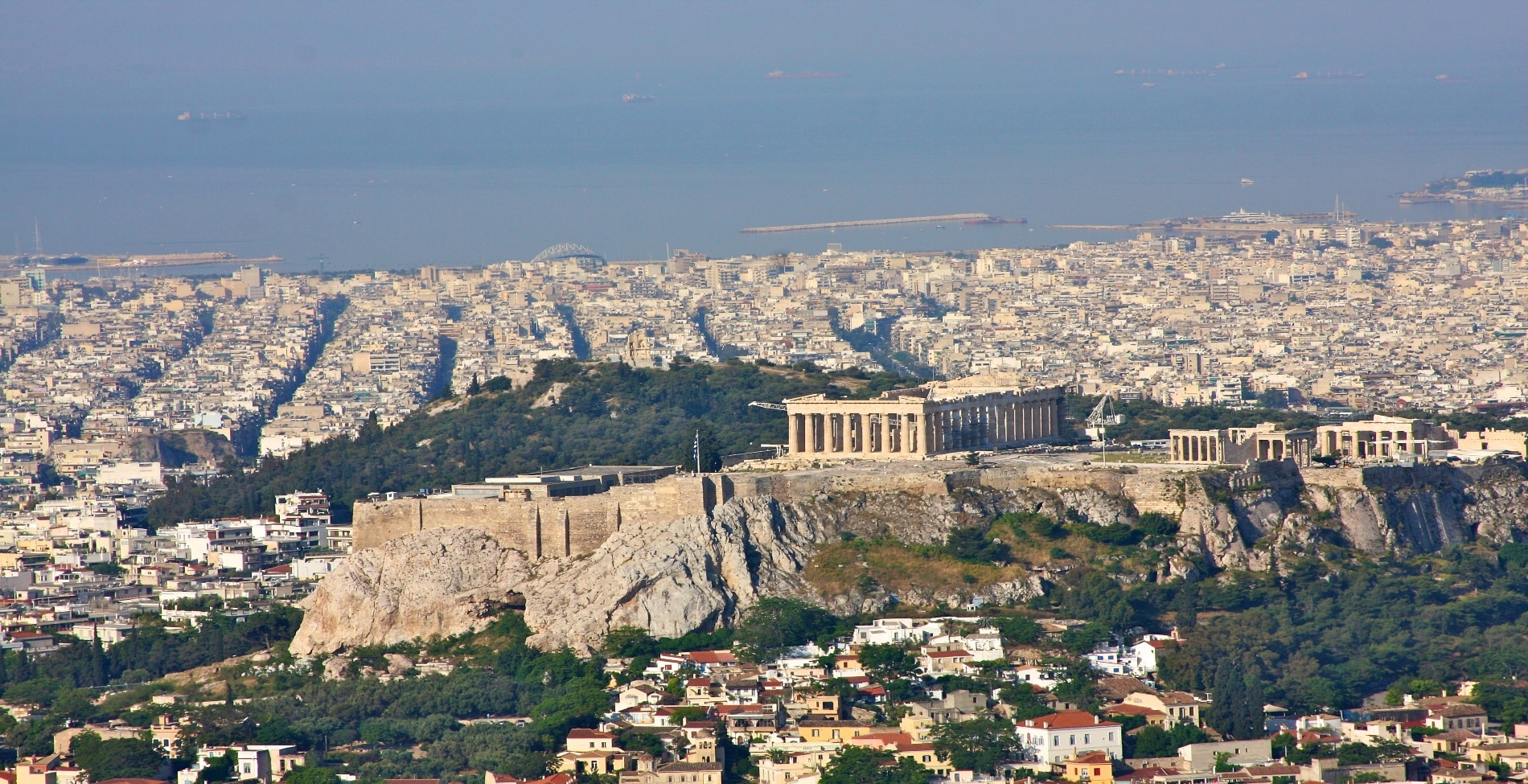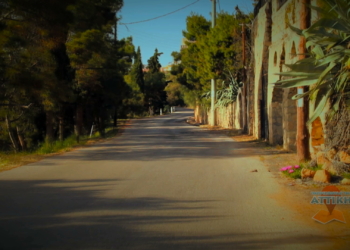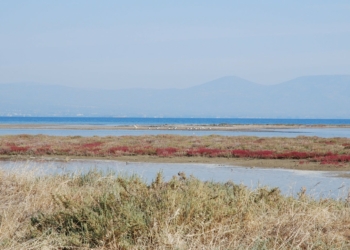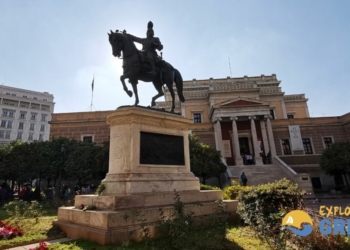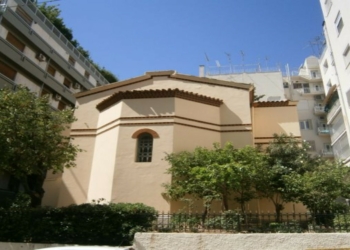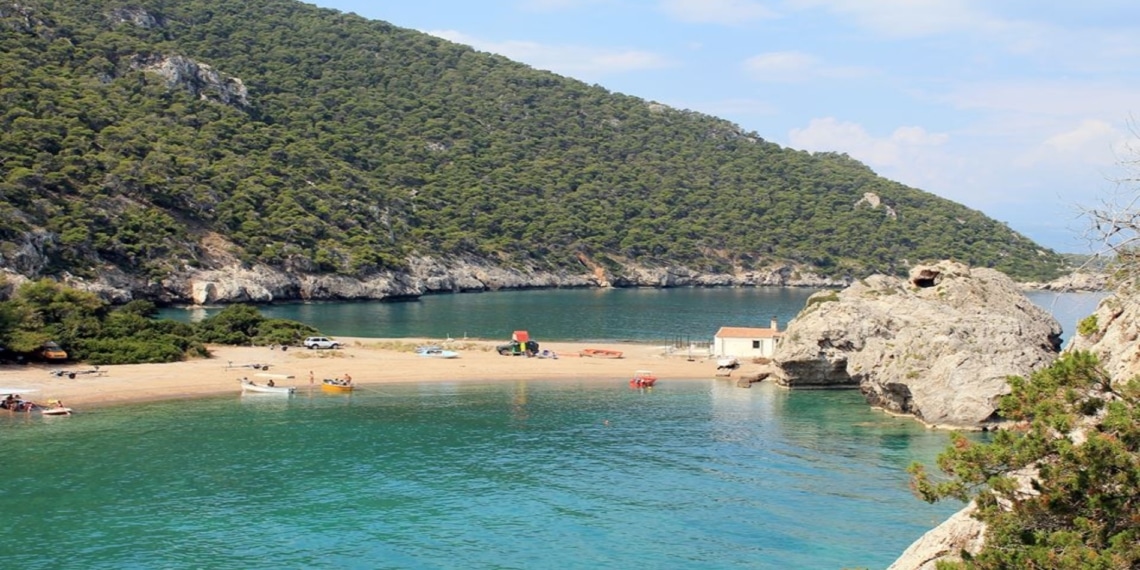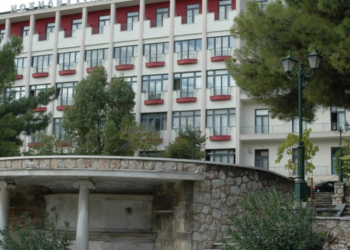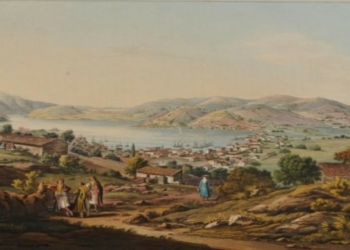Many times we have walked around Athens and seen various places with a long and special history. One of these places is a point that you may have seen but not noticed much. It is the unknown point where the ancients cried.
It is the altar of the Twelve Gods. It is a significant monument of the Agora in the historical center that many Athenians do not know about. This place was the basis for measuring all the distances in Attica.
The reason why it is not known may be because of its location. It is partly hidden under the moat of the electric railway and hardly visible. This, along with our ignorance about it, makes it a small mystery for many people.
This sanctuary was believed to be a place of protection and a place where the Athenians cried. The altar of the Twelve Gods was the main refuge for the oppressed. Thucydides tells us that Pisistratos, son of Hippia and grandson of the famous Pisistratos, built a sanctuary in the agora for the twelve gods of Olympus, that is, the one we are referring to.
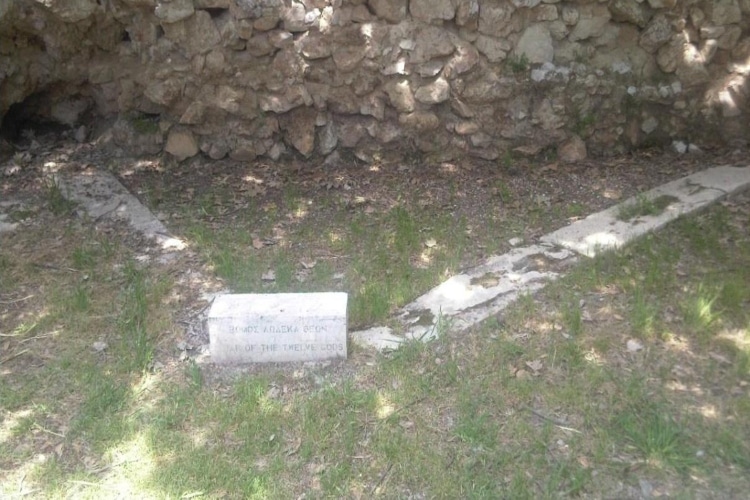
It is significant that even in the later Roman times it remained a place of refuge. This is why Pausanias calls it the Altar of Mercy. According to Philostratos, the Athenians revered the god Mercy as a thirteenth god. To this compassionate god, they gave no bloody or bloodless offerings but only their tears. Furthermore, the Athenians erected altars and honored Aido (Modesty), Ormi (Impulse), and Reputation (Glory), which is why the traveling Pausanias commends the Athenians and thinks that they are more fortunate than the other mortals.
The truth is that, by wandering around Athens, you uncover many new mysteries that you assumed were concealed in all these years.
Travel to Greece – Goole News – Follow us
Mount Athos: The monks who live in the cloisters – ascetics until the end of their lives
The legendary shield of Achilles and its special symbolisms
The Greek island that has been voted as better than Seychelles


